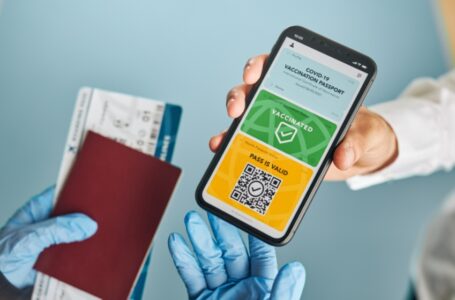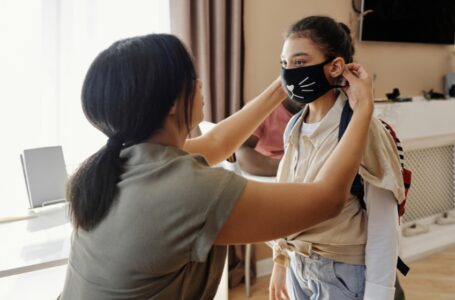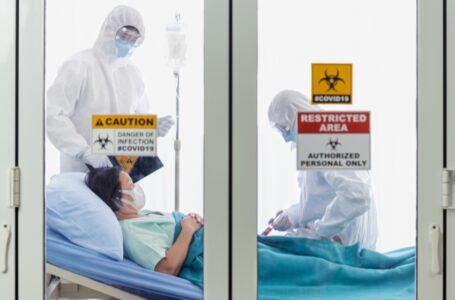Australians Set To Receive Pfizer booster shots
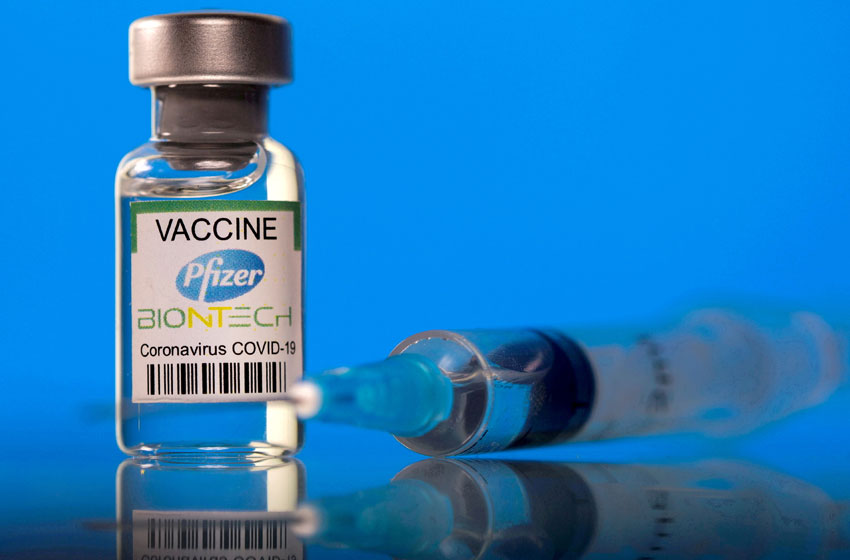
As the second wave of Covid-19 struck the world at the beginning of 2020, medical specialists and scientists joined hands to combat the situation. After months of research and analysis, they were able to come up with a solution in terms of vaccines that could help minimise critical illnesses and deaths caused due to the pandemic.
Further investigation has made some important discoveries; the virus would spread and evolve into new variants, at this stage, it would become more potent. This would result in diminishing the effectiveness of the vaccines; nevertheless, people who have already received two doses will remain immune to serious illness.
In such a situation, booster shots can prove to be a boon for providing essential medical aid to the people. Australia is one of the two countries apart from Israel to provide booster shots to its entire population. Gregory Andrew Hunt, Minister of Health, pointed out that by implementing booster programs, the country will be safeguarded against the impending health hazards.
What are booster shots?
A booster shot is an additional dose of vaccine that is given to people after a particular period of time. Ideally, this is to be taken when there is a gradual decline in the immunity of the original doses. It is noteworthy to mention that with two vaccines, you are considered fully vaccinated, booster shots can be considered as additional protection.
The Therapeutic Goods Administration, which is a drug regulatory body, has given provisional approval to Pfizer, which states that it must undergo clinical trials to assess its efficacy. The Australian Technical Advisory Group on Immunisation (Atagi), on the other hand, is yet to give its output on the drug.
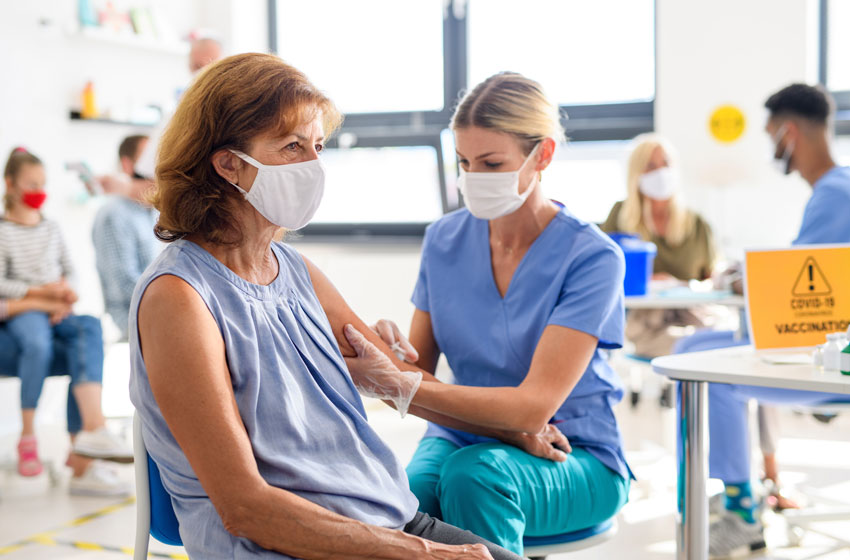
Who is going to receive the booster shots?
People who have already achieved the ‘’primary coverage,’’ meaning have taken two doses of the vaccines, specifically after six months from the second dose, are eligible for the booster. People who are immunocompromised and have a gap of twenty-eight days after the second dose can take the booster as well.
Mr Hunt emphasised that just like the vaccine rollout, the booster shots will be provided similarly by prioritising the elderly and disabled persons. The initiative will begin its course in Victoria where a high number of cases still continue. A structured plan has been drafted out wherein a consent process is being circulated around in aged health care and disability facilities.
The big question that seems to run in a lot of people’s minds is that, is the booster shot necessary?
Mr Hunt has clarified that at this point, a booster is not mandatory when it comes to travelling out of the country or returning to Australia. But he does suggest people get the shot once they are eligible; as a precaution, there are certain countries that have already started new norms in regards to this.
Croatia and Austria, for instance, have proceeded to declare Covid vaccine certificates invalid if they are 240 days old. This makes it necessary for people to get a third dose to be declared as fully vaccinated.

